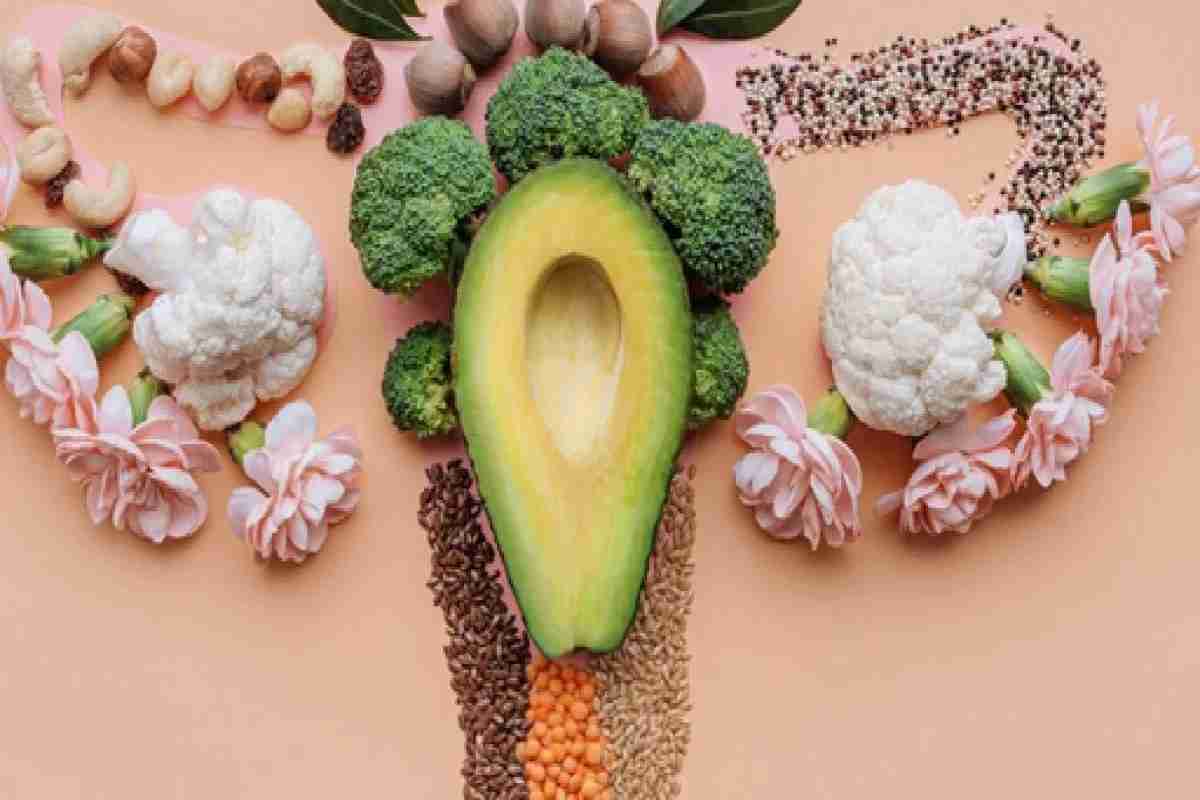To avoid menstruation pain, it is recommended to increase the consumption of fresh products rich in vitamins and minerals and avoid fried and processed foods. During the time that period lasts, some women feel more stress caused by hormonal changes.
To reduce stress levels, you need to eat the right foods, avoid harm, and affect your mood. In this article, you will find several dietary tips to help you overcome the days of period.
How to eat during the period
The diet should be healthy and varied, rich in fruits, vegetables, and fiber.
- You have to reduce the intake of saturated fats by at least 10% and replace them with polyunsaturated fats such as walnuts and pistachios that improve sensitivity to the use of insulin.
2. Increase the intake of fatty acids rich in Omega 3: salmon, walnuts, flax seeds
In addition, it must be borne in mind that these days should not be missing :
Proteins
They are necessary to avoid tiredness and fatigue and are found in meat, fish, soybeans, legumes, and algae.
Iron
- Iron in combination with foods rich in vitamin C, ideal for preventing anemia.
- To do this, take legumes, broccoli, especially green leafy salads, spinach, nuts, kiwi, and mollusks.
- In addition, due to their fiber content, they help fight constipation that can appear on those days.
Magnesium
- This mineral fights irritation and bad mood. It founds in legumes, fresh fish, nuts, and chocolate.
Vitamin B6
- It balances female hormones and is also an antidepressant. Take chicken, fish, kidneys, eggs, nuts, carrots, bananas, and peanuts.
Water
- To avoid fluid retention, it is necessary to drink 2 liters of water a day. Choose low mineralized water.
BEER
- It is interesting to consider the antioxidant properties of beer and the contribution of vitamins, especially folic acid, which also helps prevent anemia.
- Due to its fiber content as well as highly beneficial phytoestrogens, it is advisable.
- Make a moderate consumption (no more than once a day) and better choose it without Alcohol.
YOGURT
- Dairy products such as yogurt relieve premenstrual tension and improve the intestinal microbiota, provide calcium and prevent colic during the cycle.
What foods to avoid during periods
- During the period, there is an increase in fluid retention and, therefore, weight.
- It is due to the properties of progesterone. Weight gain is highly variable from one woman to another but can range from 0.5 kg to 3 kg.
- These days, it is advisable to take little salt (present in preserves, chips, precooked dishes, cheeses, or olives) to avoid bloating and fluid retention.
- It is also advisable to avoid caffeine (cola, coffee) and other stimulants as they can increase your irritability.
- The Alcohol may interact with anti-inflammatory you can take to alleviate the discomfort. Better avoid it these days.
Natural remedies for the discomfort
Nature provides us with many aids to better cope with the discomfort period.
- Although these are very pronounced, it is necessary to always consult with the gynecologist to rule out any serious problem or before taking drugs.
- For women suffering from PMS, taking evening primrose oil capsules can help reduce symptoms and improve the appearance of skin and hair.
- For pain in the lower abdomen, you can apply an electric blanket or a hot water bottle since the heat reduces discomfort in muscles and joints, relaxes tensions, and contractures. Do it in short sessions (10-15 minutes) several times a day.
- The chamomile tea, for being an antispasmodic and anti-inflammatory Natural painkiller. Also, ginger and dong Quai.
- The very heavy bleeding can less by infusions of milk thistle and witch hazel (which also calms the feeling of tired legs).
- The red tea also has a diuretic effect that helps powerful hold less liquid and feel lighter.
- The digestive problems (swelling, slow digestion, heaviness) can reduce with infusions of sage.
- If there is insomnia, foods with tryptophan are the best option.

